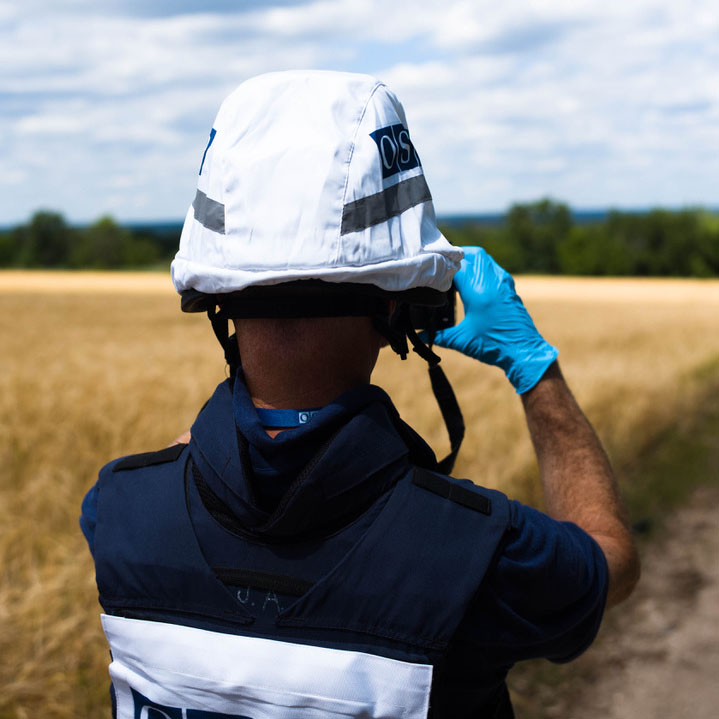
In order to secure the guarantees afforded to the victims of armed conflicts, Article 90 of the First Additional Protocol to the Geneva Conventions of 1949 provides for the establishment of an International Fact-Finding Commission.
The Commission was officially constituted in 1991 and is a permanent international body whose main purpose is to investigate allegations of grave breaches and serious violations of international humanitarian law. The Commission is thus an essential mechanism to help States ensure the international humanitarian law is implemented and respected during times of armed conflict.
The Commission is composed of fifteen individuals acting in their personal capacity and elected by the States that have recognised its competence. 78 States from all the Continents have already recognised its competence.
The Seat of the Commission is in Berne. In its capacity as the depositary, Switzerland runs the Secretariat of the Commission.
The International Humanitarian Fact-Finding Commission is a young institution established only in 1991, despite the fact that Protocol I was adopted in 1977. With the approval of its rules of procedure in July 1992, the Commission has become operational. Since then its work has concentrated on practical matters such as the availability of equipment for enquiries in loco, setting up lists of special experts, discussing the experience of ICRC delegates in the field, establishing ways and means of introducing the Commission to the international community and of drawing the international community's attention to its availability, and, last but not least, elaborating a scheme for financing the costs of its regular activities.
The Commission is convinced that within its area of competence it can serve the interests of the international community better than any other fact-finding body. There is no valid reason for creating costly new institutions on an ad hoc basis as long as a permanent body exists for the same purpose. It is up to the international community as a whole and to individual States to realise the importance and usefulness of the Commission and to take advantage of its availability.
The Commission: